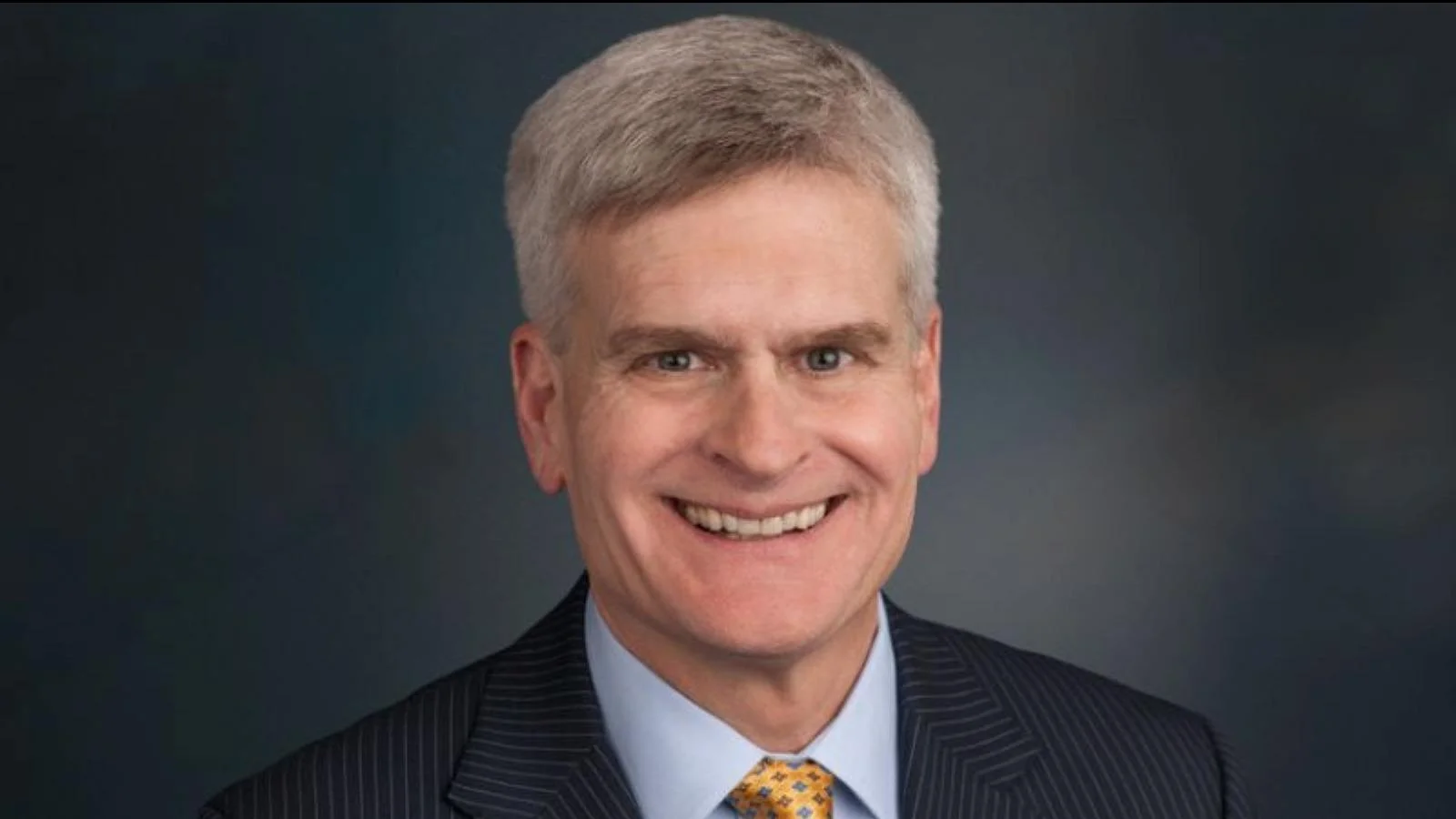U.S. Senator Bill Cassidy, chair of the Senate Health, Education, Labor, and Pensions (HELP) Committee, addressed the committee in a hearing focused on the 340B Drug Pricing Program and its impact on American patients. The hearing examined how the program has expanded and whether it is meeting its goal of making health care more affordable for low-income and uninsured patients.
Cassidy began by outlining the original intent behind the 340B Program. “Congress created the 340B Program to make health care more affordable for low-income and uninsured patients. Hospitals and community health centers that qualify are able to purchase prescription drugs at a discounted rate,” he said.
He raised concerns about oversight and cost implications as participation in the program has increased. “It’s a well-intentioned program, but people judge you by your actions, not your intentions,” Cassidy stated. He noted that recent growth in the program has led to questions about how revenue is used and whether it directly benefits low-income patients.
Cassidy referenced findings from both government agencies and independent studies regarding rising costs associated with 340B. “Anyone who says 340B is cost-neutral to the taxpayer, isn’t paying attention. As the 340B program grows, so do health care costs,” he said. He added that this year, the Congressional Budget Office reported dramatic growth in the program leading to higher costs for both patients and taxpayers. He also cited a study from the National Pharmaceutical Council indicating that between 2017 and 2023, employer-sponsored insurance premiums rose by an estimated $4.5 billion due to expansion of the program.
He stressed that while providers benefit financially from participating in 340B, there is uncertainty over whether these benefits reach patients: “It is clear the participating providers are benefiting from 340B. The question is, are their patients?”
Since last year, Cassidy has led an investigation into how revenue generated by covered entities through 340B is utilized. “The investigation revealed that a significant share of 340B revenue goes to for-profit middlemen and that patients do not always realize direct benefits from the program,” he said.
Cassidy pointed out concerns about financial incentives within the system: “The growth of the 340B program is causing patients to pay more now for prescription drugs than ever before.” He added that some aspects of current operations may serve business interests rather than patient affordability: “It appears the significant growth of the 340B program has become a means for some to pad bottom lines, but with little focus on affordability for the family or for the employer who is helping to pay for their insurance.”
He emphasized reform as necessary if lawmakers want to improve affordability: “If this Committee is serious about making health care more affordable... we need to reform 340B and put patients first.”
According to Cassidy, since 2011 only five out of twenty recommendations made by the Government Accountability Office (GAO) have been implemented concerning integrity improvements in 340B administration.
He outlined proposals released recently aimed at increasing transparency within 340B—establishing clear guidelines so patients benefit directly and requiring entities to report how they use revenue generated under this system—as well as reviewing fees charged by middlemen involved in administering discounts.
“340B should be about making drugs more affordable, not a line item on an investor call,” Cassidy said.
He acknowledged opposition from special interest groups but argued reforms could balance support for providers serving underserved communities while correcting incentives affecting manufacturers, intermediaries, and providers: “We can support providers in underserved communities AND reform misaligned incentives...”
To illustrate challenges faced by smaller participants in this system he shared: “There is a small community health center that reported... fees forced upon them by these middlemen make it almost unprofitable for them to participate in 340B... Middlemen are making so much profit that [the] community health center... can no longer afford to participate.”
“We have a responsibility to fix the broken status quo,” Cassidy concluded. “340B reforms are crucial to implementing a pro-patient, pro-family agenda that lowers cost of health insurance and drugs for all Americans and American businesses.”
###









